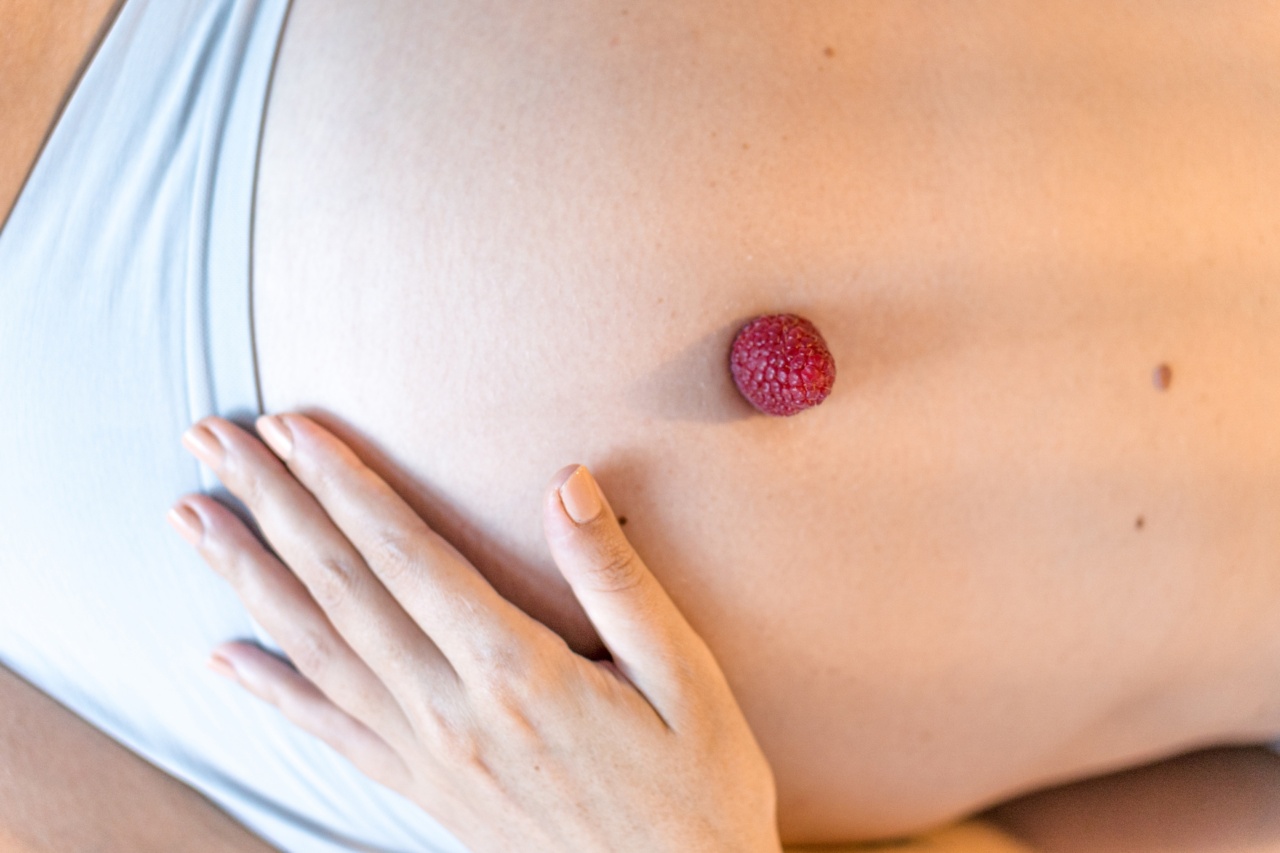Pregnancy is an exciting time for soon-to-be mothers. As you embark on this journey, it is essential to take care of your body and the baby growing inside of you. One way to ensure this is by consuming a well-balanced and nutrient-dense diet.
Efstathia Papadas, RD, a registered dietitian, recommends including the following five foods as part of your prenatal nutrition plan.
1. Leafy Greens
Leafy greens such as spinach, kale, and collard greens are packed with essential vitamins and minerals, including folate, iron, and calcium.
Folate is particularly important during pregnancy as it helps prevent neural tube defects in the developing fetus.
Iron is also necessary during pregnancy to support the increased blood volume and prevent anemia. Calcium is critical for the development of strong bones and teeth.
Additionally, leafy greens are rich in antioxidants that can help protect against cell damage.
2. Berries
Berries such as blueberries, strawberries, and raspberries are high in fiber, vitamin C, and antioxidants. Vitamin C aids in the absorption of iron and helps support the immune system.
Furthermore, the fiber found in berries can help prevent constipation, a common concern during pregnancy. Antioxidants in berries can also help protect against oxidative stress, which can contribute to chronic disease.
3. Lean Proteins
Protein is necessary during pregnancy for the growth and development of the fetus and placenta.
Lean protein sources like chicken, fish, beans, and tofu provide not only protein but also other essential nutrients such as omega-3 fatty acids, iron, and B vitamins.
Omega-3 fatty acids, in particular, are crucial for the development of the baby’s brain and eyes.
Lean proteins are also lower in saturated fats, making them a healthier option than processed meats, which can increase the risk of gestational diabetes and high blood pressure.
4. Whole Grains
Whole grains such as oatmeal, quinoa, and brown rice are an excellent source of complex carbohydrates, fiber, and B vitamins. Complex carbohydrates provide sustained energy and can help regulate blood sugar levels, preventing spikes and crashes.
Fiber helps prevent constipation and can also reduce the risk of gestational diabetes and pre-eclampsia. B vitamins are necessary for the development of the baby’s brain and nervous system.
5. Dairy Products
Dairy products such as milk, yogurt, and cheese are rich in calcium, protein, and vitamin D. Calcium and vitamin D work together to help build strong bones and teeth in the developing fetus.
Moreover, dairy products are also a source of probiotics, beneficial bacteria that can help support a healthy gut microbiome in both the mother and baby. This can aid digestion, boost immunity, and even improve mood.
Conclusion
It is essential to consume a well-balanced and nutrient-dense diet during pregnancy to support the growth and development of the fetus and promote overall maternal health.
Including leafy greens, berries, lean proteins, whole grains, and dairy products as part of your prenatal nutrition plan can help ensure that you and your baby are receiving the necessary nutrients.




























